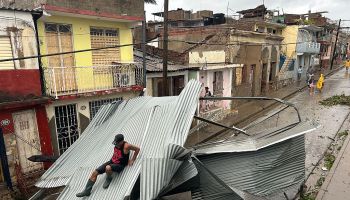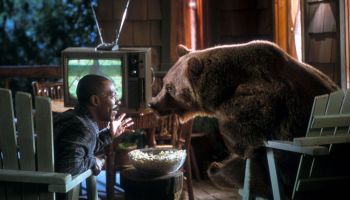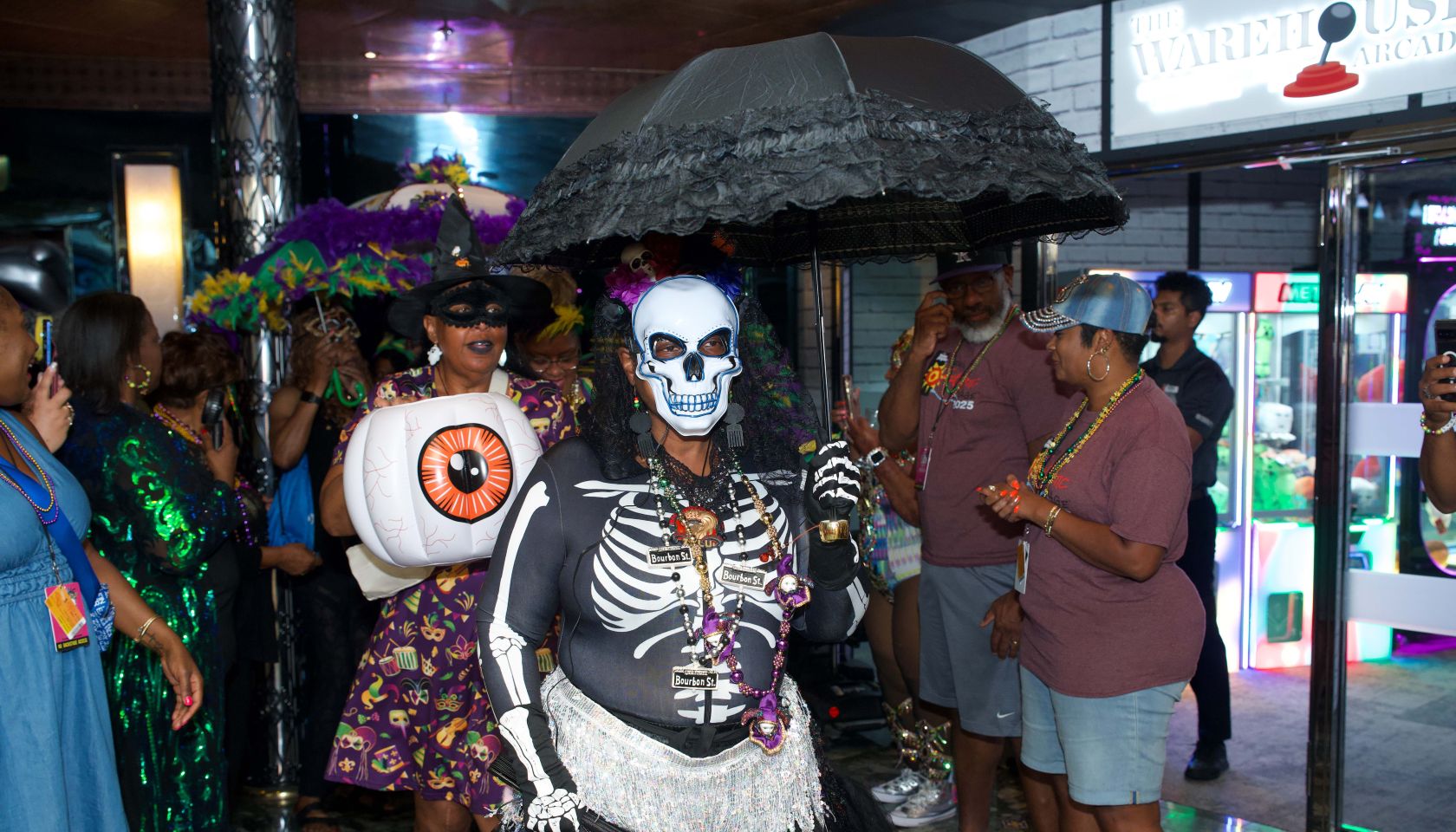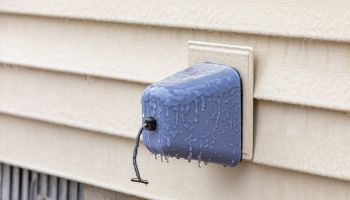Blacks and Gun Ownership: Tighter Restrictions Can Save Lives
There is no argument that over the course of history many of this nation’s gun-control laws were intended, at least in part, to keep them out of the hands of African Americans.
During slavery, most certainly, enslaved people and freedmen were barred in the South from owning guns. After the Civil War, the Union army placed no such restrictions on black soldiers who had served in the war. Southern States, however, adopted what came to be known as the Black Codes, which regulated black people’s movement. One provision banned black people from owning firearms.
It took additional federal civil rights legislation to affirm that black people also could own guns.
It is the history of gun laws and the impact of Jim Crow laws that spur some African Americans to resist the idea of restricting gun ownership under regulations being considered by a bipartisan Congressional committee that is likely to recommend some restrictions linked to background checks and the types of weapons people can own.
To be sure, even during the Civil Rights Movement, some of the leadership either carried guns or were protected by people who did.
Even leaders committed to nonviolent resistance understood the value of guns for self-protection. “Martin Luther King Jr. applied for a permit to carry a concealed firearm in 1956, after his house was bombed,” according to “The Secret History of Guns,” a 2011 article in The Atlantic magazine.
“His application was denied, but from then on, armed supporters guarded his home. One adviser, Glenn Smiley, described the King home as ‘an arsenal.’ William Worthy, a black reporter who covered the civil rights movement, almost sat on a loaded gun in a living room armchair during a visit to King’s parsonage,” the article said.
But the reality of gun violence in the years since King was assassinated in 1968, much of which has hurt young African Americans in the urban centers of the country, has also driven many black Americans to question whether it makes sense to create a more formally licensed way to become a gun owner.
According to the Brady Campaign to prevent gun violence:
• A gun in the home is 22 times more likely to be used in a completed or attempted suicide, criminal assault or homicide, or unintentional shooting death or injury than to be used in a self-defense shooting.
• An estimated 41 percent of gun-related homicides and 94 percent of gun-related suicides would not occur under the same circumstances had no guns been present.
• Higher household gun ownership correlates with higher rates of homicides, suicides, and unintentional shootings.
Some of those who have been touched directly by violence, especially suicide, say losing someone close in a gun death takes the debate about gun ownership from the theoretical to the personal and it almost always changes one’s perspective.
Regulation is necessary, they say, to buy precious time that might allow intervention or force someone to reconsider drastic action.
“There really is very little room for error when you put the muzzle of a gun in your mouth,” said Beverly White-Seals, whose son Kylen Seals, shot himself to death in the driveway of his parents’ Maryland home.
“Kylen bought that gun legally. He didn’t go on a corner someplace,” White-Seals said of her son who had a lengthy, documented history with mental illness, including bipolar disorder, which was diagnosed when her son was 14 or 15 years old.
Before taking his life, White-Seals said, her son had “never tried to commit suicide that I’m aware of and he never threatened to harm others, but he clearly was mentally ill.”
There were never guns in the family home and Kylen Seals was raised in an upper middle-class family, and exposed to numerous opportunities for success.
“He was brilliant, had all kinds of accolades. He went to the best private schools, on wonderful vacations…but all of that doesn’t mean you’re going to be immune to mental illness,” White-Seals said.
One day while visiting his parents, Seals told his father he was struggling mightily with depression and agreed to be hospitalized to get help. While his father sat at a computer to get directions to take his son to a nearby psychiatric hospital, Seals walked down to the end of the driveway and shot himself.
When police researched the history of the gun, it was discovered that Seals had bought the weapon legally.
“I can’t believe Kylen would have checked the box that asked if he had a history of mental illness,” his mother said.
White-Seals said she wishes there had been a requirement to automatically check both a mental illness as well as a criminal database before selling someone a gun.
“It might have saved my son’s life had there been such a registry.”
Another woman, who asked that her name not be used, said her father had been a card-carrying member of the NRA. When physical health issues began to take their toll 10 years ago, her father became despondent and ultimately shot himself in a wooded area behind the family’s home.
While the woman said she was aware while growing up that her father owned a gun, there was little discussion in their home about the handling of guns.
“It wasn’t an open conversation,” the woman said.
She said it never occurred to her to learn how to shoot a gun or how to stow it safely until she was in a situation when a friend of hers was attacked. She then considered getting a gun.
“My leaf-turning moment was when I spoke with a martial arts instructor who told me: ‘Before we teach you to use a gun, we need to teach you how to use your hands and your brain.”
Rather than purchase a gun, the woman studied Aikido and became a black belt. She said it eliminated her anxiety about living alone and having to fend for herself.
“There is a delicate balance once you realize how powerful you are,” the short, petite woman said. “I can hip-turn 150 pounds. I’ve done combat with men 250, 300 pounds and been able to subdue them. You learn to work with whatever skills set you have.”
She has no desire to own a gun and said she supports regulations on the kinds of guns that civilians can own and that there should be strict criminal and mental health background checks.
She is opposed to anyone other than military personnel owning semi-automatic weapons.
‘We wouldn’t use one to shoot a deer up because you couldn’t use the meat. I don’t think people should be having automatic weapons,” the woman said.
“I do wish there was an efficient program or series of steps to qualify someone to buy a weapon instead of people being able to buy guns like candy.”










